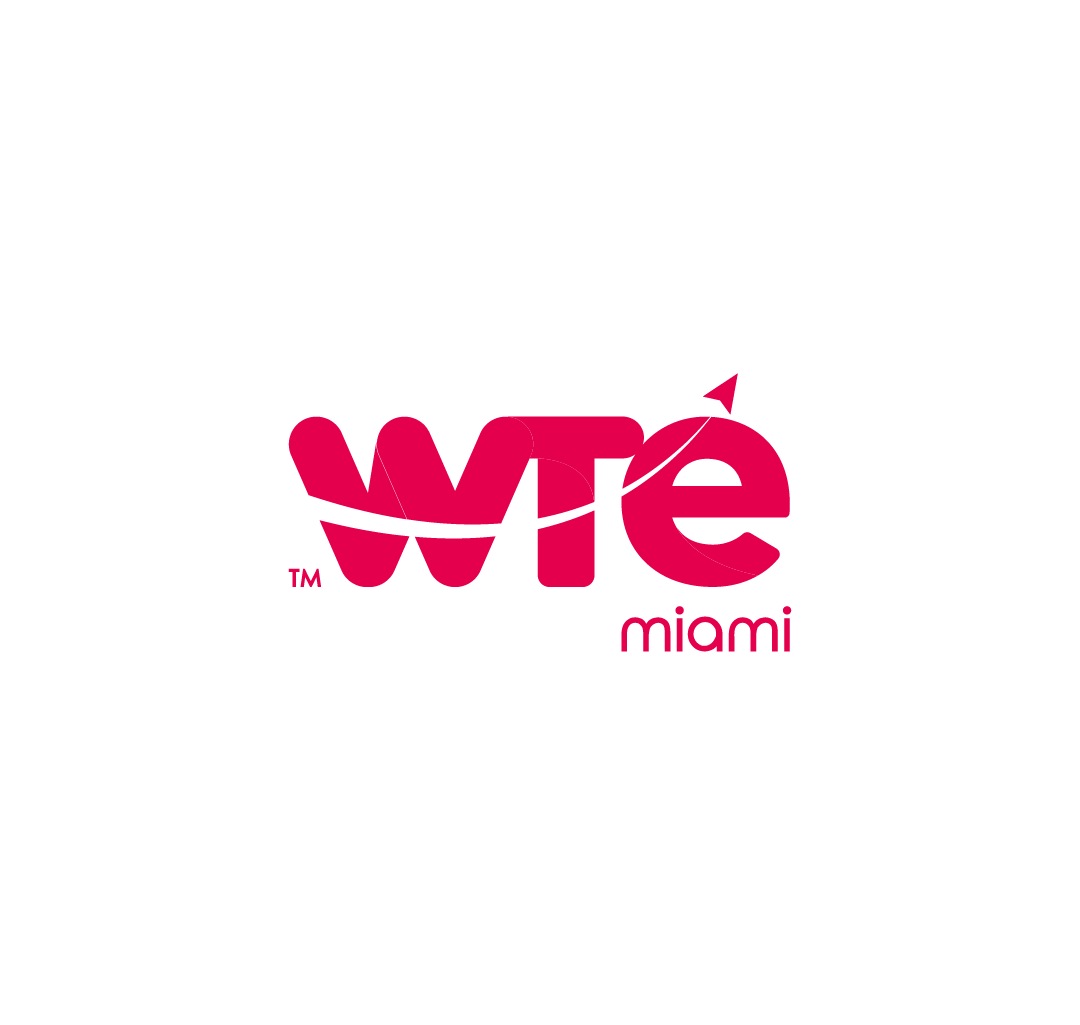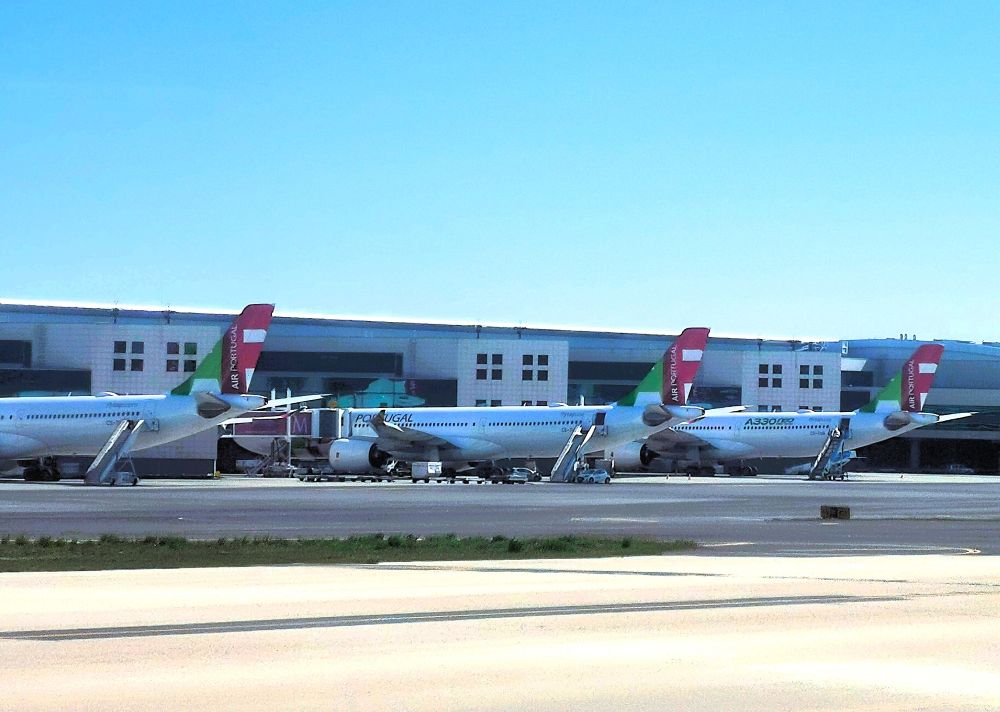Bing Travel: We save the average couple $50 per trip
Hugh Crean is the general manager of Bing Travel, Microsoft’s new travel search engine.
Microsoft is trying to chip away at Google’s search engine
dominance, and Bing Travel is part of a multi-pronged effort that also includes shopping and health-related microsites.
Crean’s company, Farecast, was acquired by Microsoft last year and folded into MSN Travel.
Christopher Elliott asked Crean about what Bing means to travellers.
Q: Farecast. MSN Travel. Now Bing Travel. My head is
spinning! Couldn’t you just leave well enough alone?
Crean: It’s true that we’re giving the guy who changes
our name on the front door some good business this year, but we’re excited that as part of the overall Bing search strategy Bing Travel is a solution that a lot of travellers will discover and learn about in the coming weeks, months and years.
Frankly, we’re simplifying things. With Bing Travel,
Microsoft now has a single online destination for travelers.
Q: How is Bing Travel different from MSN Travel?
Crean: For starters, we incorporated all the great
Farecast features – price predictor, hotel rate indicator, deals, planning tools, fare alerts, and more. Plus, we added the travel editorial travellers have used and read for years at MSN Travel.
Beyond those core features, we have a really deep integration with Bing.com that makes Bing a great search site for travelers.
Try a general Web search on Bing.com for ‘flights from
LAX to SFO.’ Right at the top of the results you’ll see our prediction on whether to buy now or wait, deals out of LAX, a link to our flexible travel tools and more.
Q: Has anything surprised you about the reaction to the new site, and particularly to Bing Travel?
Crean: We’re excited that travel is a key vertical in
Bing and that the user response to the Bing and Bing Travel has been generally positive. There is plenty of room for improvement and we’re anxious to receive any and all feedback from customers so we can make it even better.
Q: At the heart of Bing Travel is data-mining technology that predict the price of an airline ticket or hotel room. Can you explain how it works?
Crean: At the core of Bing Travel is a passion to help
consumers make faster, more informed decisions by delivering a more organised travel search experience and providing interesting features and functionality which help users accomplish key tasks more easily.
The prediction is a good example of how we make customers smarter and more empowered when shopping for airline tickets.
Every night we gather and analyse millions of airfares (we basically run and catalogue every possible search for every destination and every possible date).
We then monitor those fares over time. Through machine learning and other really complex methods employed by our team of data miners, we are able to predict airfare pricing trends over time.
The process and the information we provide for hotels is different, but employs many of the same basic principles.
Q: I really like the way you turn airline yield
management on its head. Yield management tries to predict how much money a passenger is willing to pay for a ticket. But Farecast – sorry, Bing Travel – tries to predict when airlines are likely to offer the lowest fares. How much money have you saved your customers?
Crean: We are complementary to the airline’s yield
management and in fact, we give consumers the confidence to buy when they otherwise wouldn’t open their checkbook.
The airlines control their pricing, and we are offering a free tip that builds consumer confidence.
Importantly, we’re a search experience and not a travel agency, so when the consumer is ready to buy we connect them with a click directly to the airline or online travel agency to buy their tickets.
A third-party audit showed that we save the average couple US$50 per trip. I couldn’t tell you how much money we’ve saved travellers over the life of our company, but we get emails and tweets all the time from fans who save $100, $200 and even more by using our price predictor.
Q: Those fare prediction charts that show up when I do a fare search are extremely helpful. I can’t even count the number of times I’ve been asked, “Will fares go up?” But I’m wondering: How do you know if you’re right? Have you ever subjected yourself to an audit of any kind?
Crean: Yes, we have subjected ourselves to a third party audit. Navigant Consulting found that our airfare predictions are 74.5 percent accurate. We’ve never claimed to be perfect, and you’ll see that alongside our predictions we include a confidence rating.
Our goal is to be transparent and provide as much information and data as the consumers need so they can make a smart decision about their travel.
Q: When you look at hotels on Bing Travel, you don’t see the same kind of chart as you do when shopping for fares. Instead, there are three given designations: “Deal”, “Average” and “Not a Deal.”
How do you come up with those labels, and how is your algorithm for hotels different than it is for airfares?
Crean: Hotels is a very different product than air with
distinct comparison and pricing dynamics, so our approach is unique based on the category. With hotels we aren’t predicting what that particular rate is going to do over time, the way we do with airfare.
We mark hotels as “Deal” or “Not a Deal” based on the historical rates for that hotel over time, and a few other indicators. Again, we’re presenting as much data for travellers as possible so they make and informed choice.
We like to say that all our results are based on science, not marketing.
Q: Don’t look now, but car rental prices are climbing.
They could sure use a little Bing attention. Any plans?
Crean: Don’t drive any conclusions from this, but we’re
definitely keeping the door open on a rental car product.
Q: I’ve noticed that Bing Travel includes more than just
a way to search prices. There are blogs and forums. How do these fit into a search engine?
Crean: With Bing Travel, we’re extending beyond
comparison shopping and providing content that helps travellers get inspired about where to travel and be up to date with the latest travel news.
A recent Forrester report said that 20 percent of travellers start their search without a specific destination in mind. So, the idea is to complement quality travel editorial content with community content to provide useful planning insights for travelers.
Q: Bing Travel isn’t the only site that tells travellers
the best time to buy. Others, notably Farecompare.com, have similar features. How do you plan to differentiate yourself from those products, moving forward?
Crean: To be clear, no other online travel site provides
a Price Predictor, which predicts if airfares are rising or falling and provides consumers with a recommendation to buy now or wait.
The Hotel Rate Indicator, which uses science to indicate which hotel rates are deals, is also a differentiated offering available only to Bing Travel.
Even our approach to airfare deals, leveraging billions of historical airfares to help consumers know what is a deal and why it’s a deal, is unique to Bing Travel.
We’re committed to continued innovation to help consumers make faster, more informed decisions when searching for travel.
Christopher Elliott’s premium columns are available through Tribune Media Services,. You’ll have access to four weekly features, including The Travel Troubleshooter and his weekly travel commentaries. If you want more information about rates, please contact Kyle Porter at [email protected]
Ian Jarrett
Have your say Cancel reply
Subscribe/Login to Travel Mole Newsletter
Travel Mole Newsletter is a subscriber only travel trade news publication. If you are receiving this message, simply enter your email address to sign in or register if you are not. In order to display the B2B travel content that meets your business needs, we need to know who are and what are your business needs. ITR is free to our subscribers.








































Airlines suspend Madagascar services following unrest and army revolt
Airbnb eyes a loyalty program but details remain under wraps
Qatar Airways offers flexible payment options for European travellers
Air Mauritius reduces frequencies to Europe and Asia for the holiday season
Major rail disruptions around and in Berlin until early 2026